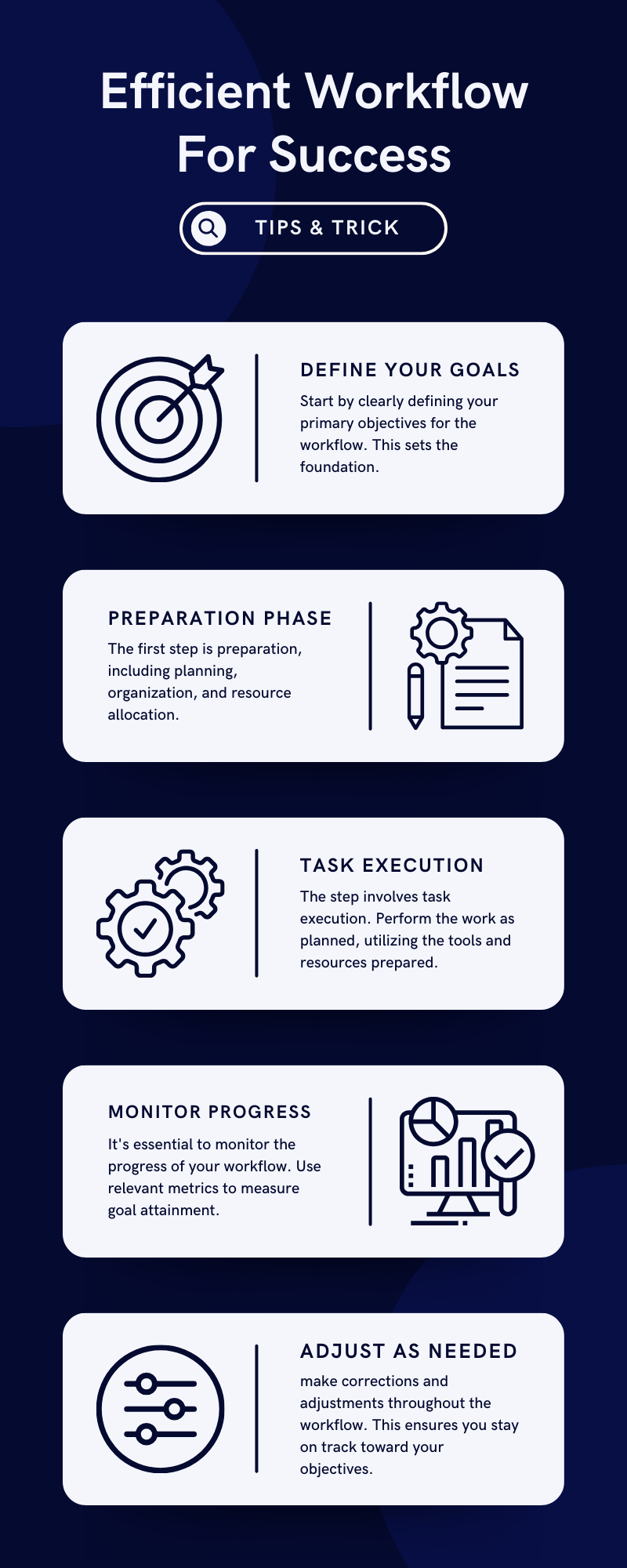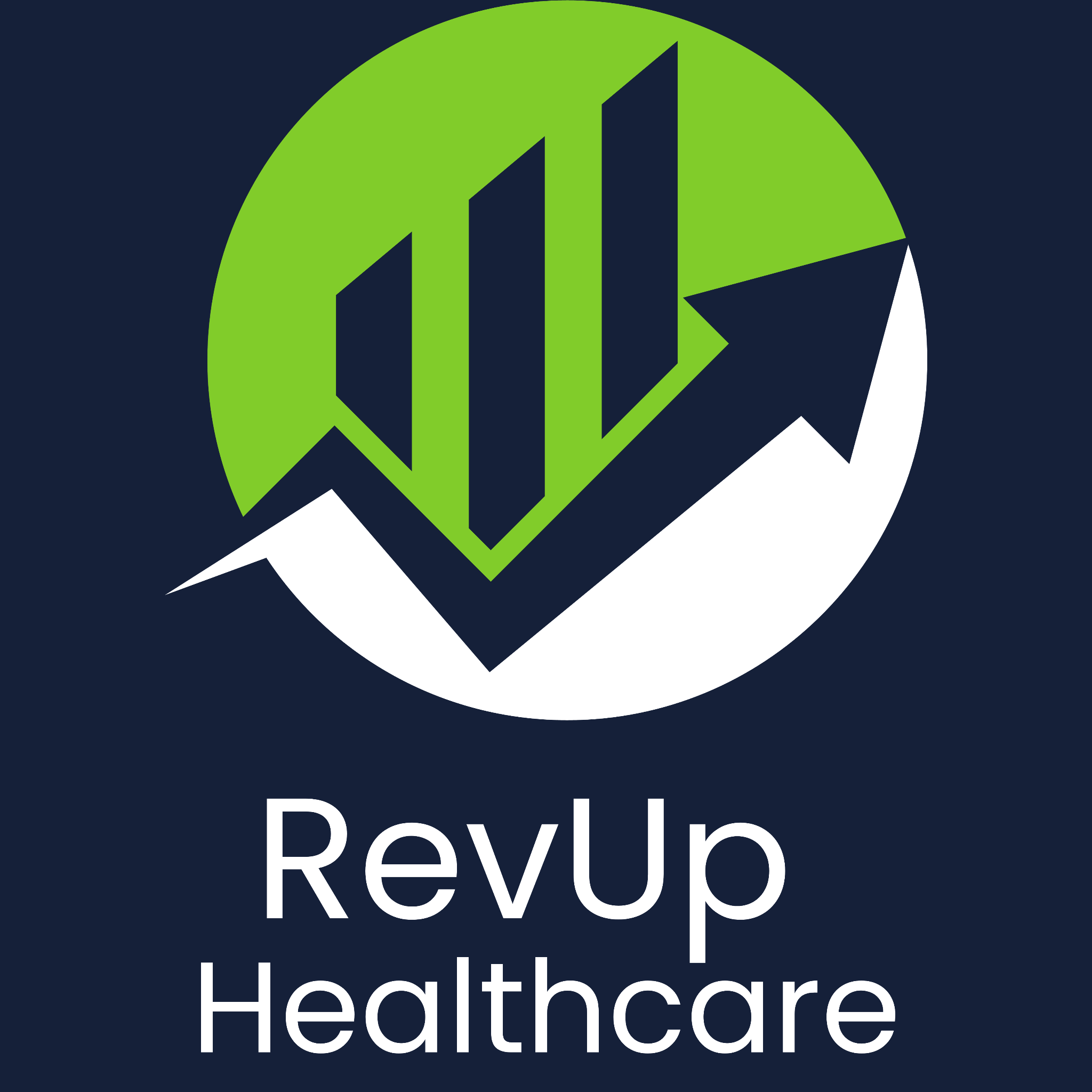Consulting Services
Our Services at a Glance
Services
Discover how our comprehensive suite of RCM consulting services can transform your organization's financial health:
-
Revenue Cycle Assessment
Comprehensive analysis to identify strengths, weaknesses, and areas for improvement.
Evaluation of billing and coding practices, claims processing, and documentation procedures.
-
Patient Journey Mapping
We design and implement a streamlined billable patient journey, enhancing patient experience and financial efficiency. Our approach ensures each patient interaction is seamlessly integrated into your billing process.
-
Charge Master Development
Our experts develop a comprehensive charge master tailored to your services, ensuring accurate and optimized billing for every patient encounter.
-
Process Optimization
Streamlining RCM workflows for increased efficiency and reduced administrative burden.
Implementing best practices to minimize revenue leakage and denials.
-
Documentation Improvement
Review and enhancement of clinical documentation to ensure accurate coding and billing.
Training and guidance for medical staff on proper documentation practices.
-
Denial Management
Development of a denial management strategy to identify root causes and reduce denial rates.
Assistance in creating a proactive approach to handling claim denials and appeals.
-
Payer Contract Negotiation
Negotiation and renegotiation of payer contracts to ensure favorable terms and maximize reimbursements.
Analysis of fee schedules and reimbursement rates.
-
Coding and Billing Compliance
Auditing and validation of coding practices for compliance with industry regulations.
Implementation of compliance programs and staff training.
-
Technology Integration
Assessment and recommendations for RCM software and technology solutions.
Integration of electronic health records (EHR) and billing systems for seamless data exchange.
-
Training and Education
Customized training programs for healthcare staff on RCM best practices.
Workshops and seminars on coding, billing, and documentation guidelines.
-
Key Performance Indicators (KPIs) Tracking
Establishment of KPIs to monitor and measure RCM performance.
Regular reporting and analysis of KPI data for informed decision-making.
-
Financial Audits
Identify revenue leakage, billing errors, and areas for financial improvement.
Recommendations for corrective actions and revenue recovery.
-
Telehealth Billing Support
Guidance on billing and coding for telehealth services, ensuring compliance with evolving regulations.
Assistance in optimizing telehealth reimbursement processes.
-
Strategic Infrastructure Development
Tailoring RCM solutions to meet your needs, whether you prefer onshore or offshore strategies.
-
Customized Solutions
Tailored RCM solutions to address specific organizational needs and challenges.

A Guide to Creating Effective Workflows in Key RCM Areas
Creating effective workflows in key areas of Revenue Cycle Management (RCM) involves a systematic approach to optimizing and streamlining processes. Here's a guide to creating workflows in some critical RCM areas:
-
Patient Registration and Scheduling:
-
Define the Process: Start with patient scheduling and move through to registration. Include steps for capturing patient demographics, insurance information, and reason for visit.
-
Automate Appointment Reminders: Use software to send automated reminders to patients, reducing no-shows.
-
Train Staff: Ensure front-desk staff are trained in patient interaction and data entry accuracy.
-
-
Insurance Verification and Authorization:
-
Standardize Verification Procedures: Create a checklist for verifying insurance details, including coverage limits and co-pay amounts.
-
Implement Automated Verification Tools: Use software to automate insurance eligibility checks.
-
Develop a Pre-authorization Protocol: Establish steps for obtaining authorizations for specific treatments and tests.
-
-
Medical Coding and Charge Capture:
-
Create a Coding Workflow: Streamline the process from service documentation to code assignment. Ensure it includes a review for accuracy.
-
Regular Training: Keep coding staff updated with the latest coding changes and guidelines.
-
Implement Charge Capture Technology: Use technology to ensure all services are captured and accurately billed.
-
-
Claim Submission and Management:
-
Automate Claim Generation: Use EHR and billing software to generate and submit claims.
-
Regular Audits: Perform regular audits to check for accuracy and compliance.
-
Claim Tracking System: Implement a system for tracking claim status and follow-ups.
-
-
Denial Management:
-
Create a Denial Review Process: Establish a process for reviewing and categorizing denials for further action.
-
Root Cause Analysis: Analyze common denial reasons and adjust processes to prevent future denials.
-
Train Staff on Resubmission and Appeal Procedures: Ensure staff are skilled in addressing and appealing denied claims.
-
-
Accounts Receivable (A/R) Management:
-
A/R Tracking System: Implement a system to regularly track and follow up on outstanding A/R.
-
Prioritize A/R: Develop criteria for prioritizing follow-ups, focusing on older and larger balances first.
-
Regular Reporting: Set up regular reporting to monitor A/R aging and identify trends.
-
-
Payment Posting and Reconciliation:
-
Automated Posting: Use software to automatically post payments to patient accounts.
-
Manual Reconciliation Process: Establish a process for manually reconciling payments and adjustments.
-
Daily Closing Procedures: Ensure daily closing includes reconciliation of posted payments.
-
-
Analytics and Reporting:
-
Identify Key Metrics: Determine which KPIs are crucial for your organization.
-
Regular Reports: Schedule regular generation of reports for analysis.
-
Data-Driven Decision Making: Use insights from reports to make informed decisions about process improvements.
-
-
Patient Collections and Financial Counseling:
-
Clear Communication Protocols: Establish guidelines for communicating with patients about their financial responsibilities.
-
Financial Counseling Workflow: Create a process for providing financial counseling, including discussing payment options and plans.
-
Collections Strategy: Develop a tiered approach for follow-up on outstanding patient balances.
-
For each of these areas, it’s important to document the workflow, train staff accordingly, and regularly review and adjust the processes as needed to ensure maximum efficiency and compliance.
